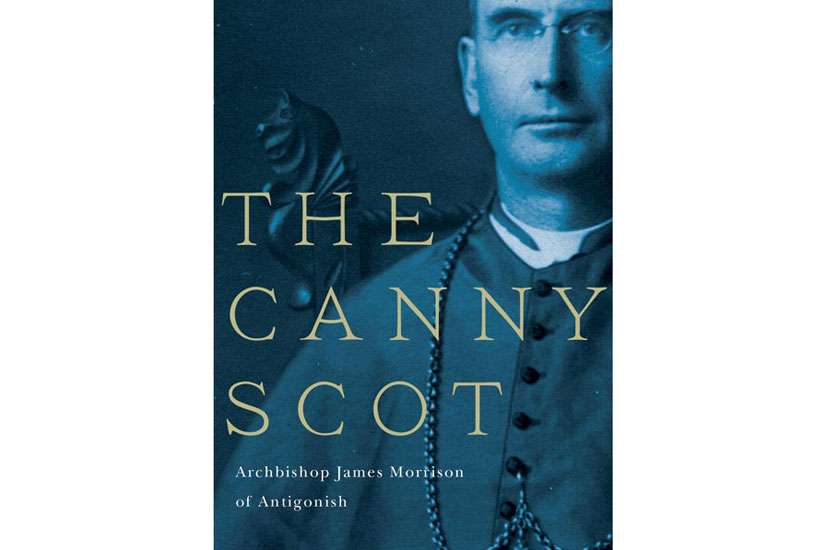Morrison was bishop of Antigonish, N.S., from 1912-1950. During his time as bishop the world-famous Antigonish Movement began and grew quickly through St. Francis Xavier University’s faculty of extension. The Antigonish Movement found ways of changing the balance of economic power using adult education and community economic development through co-operatives and credit unions. It was the practical application of Catholic social teaching. It transformed lives in rural communities and among industrial workers in cities. The movement was born during the Great Depression and its legacy continues through the Coady Institute in Canada and in poor countries around the globe.
Much has been written over the past half-century about the Antigonish Movement. They have generally focused on its leaders, especially Fr. Jimmy Tompkins and Msgr. Moses Coady. Ludlow observes that almost all these books take what he calls a “saints and sinners” approach, with Tompkins and Coady as the saints, and Morrison as the sinner — the stubborn, ecclesiastical obstacle in the movement’s path.
This polarized approach gained credence because of a much publicized conflict between Morrison and Tompkins in 1922 over the direction of St. Francis Xavier University. As often happens in such disagreements, it led to Tomkins’ reassignment. He went from university vice president to pastor in Canso, N.S. — one of the poorest, most remote communities in the diocese.
Ludlow gets past the clichéd account of the prophetic activists overcoming resistance from a reactionary bishop. Working from Morrison’s archival letters and papers, he retells the story of the Antigonish Movement from the perspective of the bishop’s office.
Morrison was a strong supporter of Tompkins and Coady and the movement as a whole. While cautious and deliberate by nature, especially on financial matters, he chaired public meetings and conferences, provided institutional support, raised funds, met with politicians and was in ongoing contact with the leadership. He cites Coady’s own affirmation of Morrison’s positive leadership role: “I feel that a bishop can’t just spearhead too radical a movement in the economic and social field. He can’t do what you and I can do. It is not necessary in any case. If he is broad minded enough … to give the green light to the rest of us, that is all that was required. This Bishop Morrison did.”
These may be wise words even today for Catholic social action.
This book could be read as an interesting account of a long-dead bishop in a relatively small diocese in a distant part of the country. This would be a mistake. The Antigonish story is an important one for the whole Canadian Church. When Canada’s bishops established the Social Action Commission, it was Antigonish priests and bishops who gave national leadership and direction to the English-language sector in its formative years.
Ludlow has shown us how deeply embedded the Antigonish story is in the story of the Canadian Church.
(McKeon is co-ordinator of the Office for Social Justice in the Archdiocese of Edmonton.)

